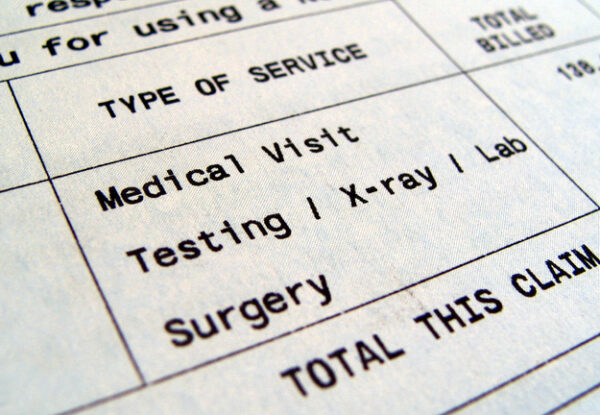

The interim final rule that would ban surprise billing is being treated by the media like one of the greatest breakthroughs American healthcare has ever seen. To be sure, balance billing is so patently unfair that there is rare bipartisan support for the proposed law, which may indeed protect consumers from this insidious practice. But it’s not the real answer to fixing a healthcare system that exploits its customers.
Surprise medical billing is just one symptom of an underlying problem – a system of incentives that rewards maximization of revenue from each patient encounter, combined with a staggering lack of accountability. That is how we wind up with a healthcare system that harms one quarter of Medicare inpatients through mistakes or omissions, and how, even during a pandemic, we get hospital systems suing thousands of former patients over bills they can’t pay – often bills they never expected because they were never told what their costs would be in advance. It’s also why two-thirds of people filing for bankruptcy say medical bills are a key contributor to their financial problems.
After more than a decade of unimpeded consolidation, most hospitals are units of multibillion-dollar big businesses, employing over half the physicians in the nation – no longer the community resource they once were. Increasingly corporatized, hospitals buy physician practices as assets, and pressure those clinicians to generate a suitable return on investment. Revenue maximization – not outcomes that matter to patients or prudent use of resources – is the name of the game. Many physicians cash out their practices to become part of this new healthcare, and sometimes they are forced to leave their ethical sensibilities behind.
The reason that some clinicians can rationalize the many trespasses of a corporatized healthcare delivery system is that it pays well and relieves them of the burdens of running their own practices. One other reason is that neither they nor their corporate bosses need to care much about whether they actually deliver the outcomes they promise to patients. They have to balance corporate pressure to “be a member of the team” against what they know is prudent clinical practice. Indeed, the current system makes that tough, because it pays them for every procedure, service, test, or consult they provide in taking care of patients – the more they do, the more they make. And if their corporate bosses think it’s okay to take advantage with surprise bills, well, so be it. It’s no longer their problem. None of it will ever catch up with them.
And that’s why we have surprise billing and all the other ills of our current healthcare system – because there is no accountability for managing cost, quality, or even for satisfying patients. Until Medicare and commercial insurers link the reimbursement they pay providers to the things that matter to us as consumers and citizens, we will continue to have a dysfunctional system that abides appalling practices like surprise billing, and continue to spend time on band-aids like this interim final rule instead of fixing the real problem.
Photo: lbodvar, Getty Images


